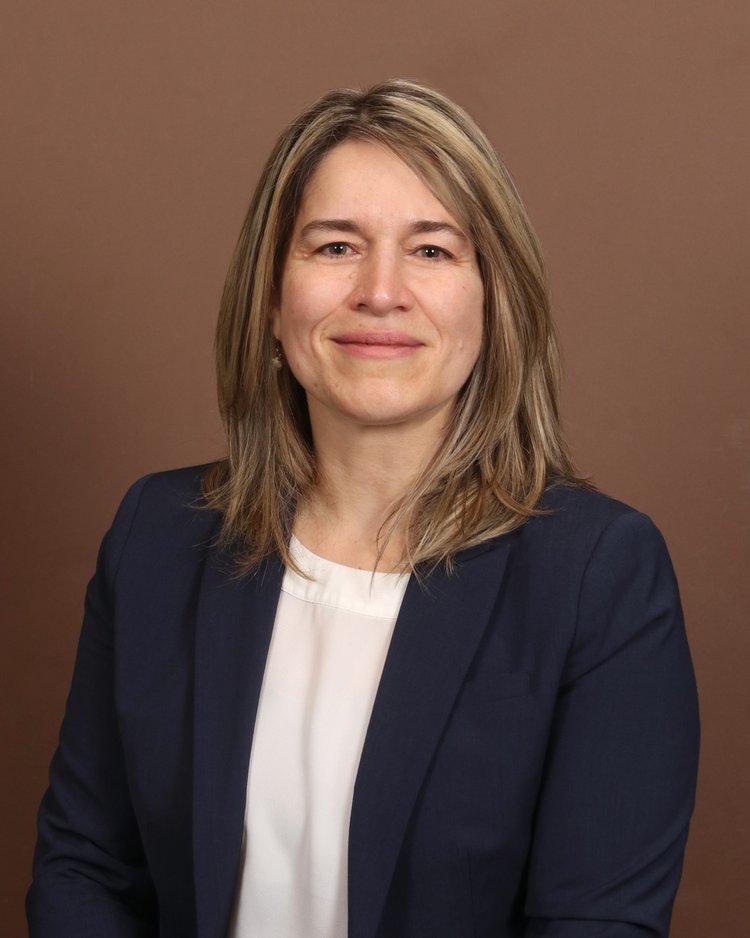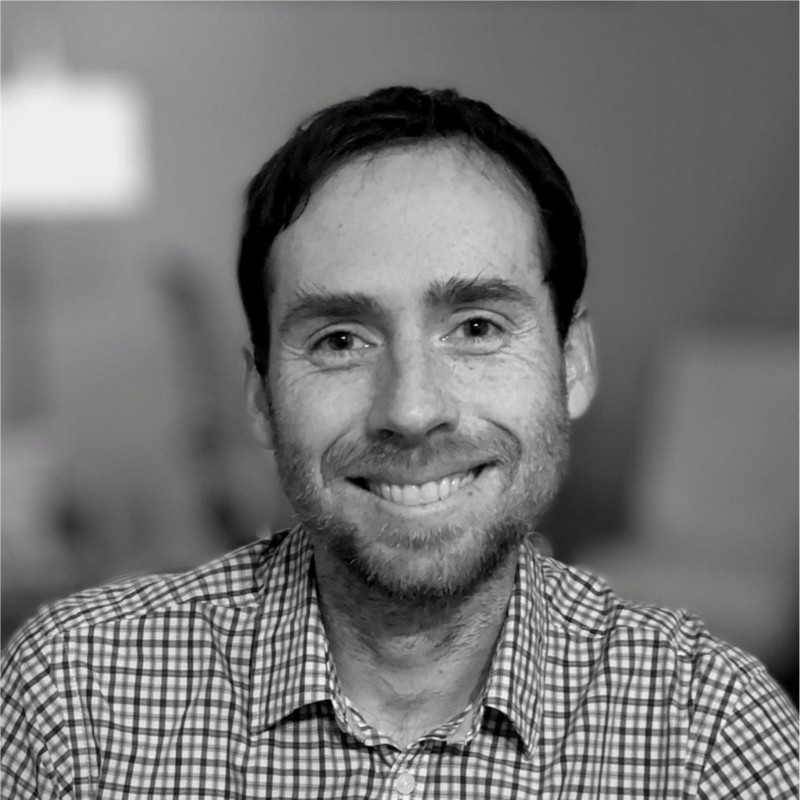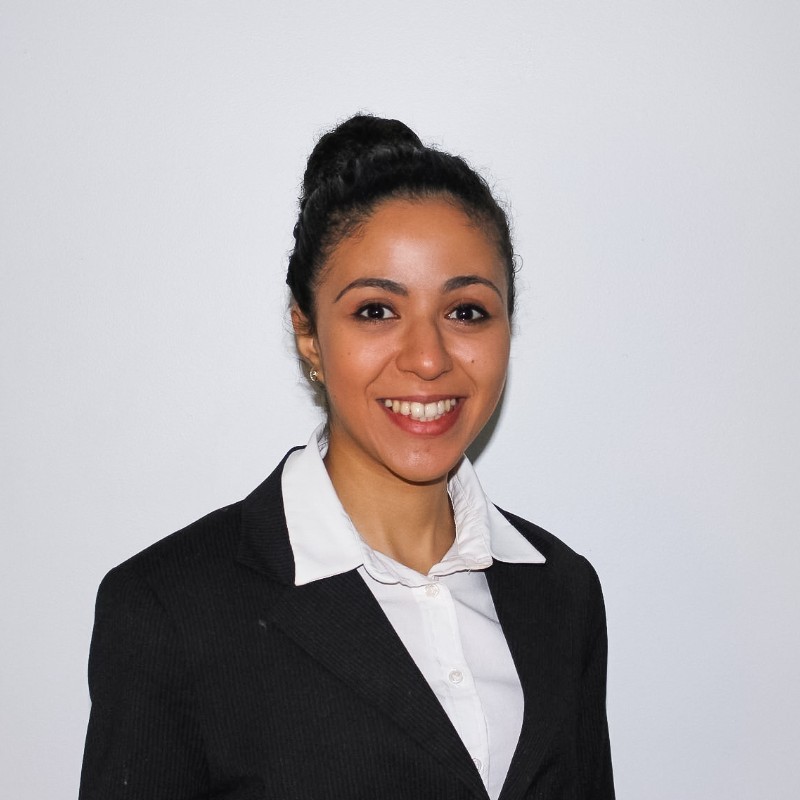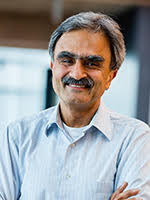Sustainable photonics: Bringing ethics and environmental considerations to R&D
Karin Hinzer
Founder and Director of SUNLAB

Karin Hinzer received the BSc, MSc, and PhD degrees in physics from the University of Ottawa, Ottawa, Ontario, Canada, in 1996, 1998, and 2002, respectively. She is Vice-Dean, Research of the Faculty of Engineering and a Professor at the School of Electrical Engineering and Computer Science with a cross-appointment in the department of Physics at the University of Ottawa, and the University Research Chair in Photonic Devices for Energy. She has made pioneering contributions to the experimental physics of quantum dots marked by two landmark papers in Science. She gained extensive experience in the design and fabrication of group III-V semiconductor devices while at the National Research Council Canada, Nortel Networks and then Bookham (now Lumentum). Cost reduction strategies and liaison with remote fabrication facilities strongly feature in her industry experience.
Professor Hinzer joined the University of Ottawa in 2007 where she founded the SUNLAB, the premier Canadian modelling and characterization laboratory for next generation optoelectronic devices and photovoltaic systems. Her research involves developing new ways to harness the sun’s energy. From 2007 to 2017, she was the Tier II Canada Research Chair in Photonic Nanostructures and Integrated Devices. In 2010, she was the recipient of the Inaugural Canadian Energy Award with industry partner Morgan Solar for the development of more efficient solar panels. In 2015, she received the Ontario Ministry of Research and Innovation Early Researcher Award for her contributions to the fields of photonic devices and photovoltaic systems and in 2016, she was the recipient of the University of Ottawa Young Researcher Award. She is a member of the College of New Scholars, Artists and Scientists of the Royal Society of Canada and an IEEE senior member. Professor Hinzer is the principal investigator of the Natural Sciences and Engineering Research Council of Canada Collaborative Research and Training Experience Program titled “Training in Optoelectronics for Power: from Science and Engineering to Technology” (NSERC CREATE TOP-SET, 2017-2024), a multi-disciplinary training program involving three universities which has trained over 150 students and postdoctoral fellows so far.
Professor Hinzer is an editor of the IEEE Journal of Photovoltaics. She has published over 210 refereed papers, trained over 170 highly-qualified personnel and her laboratory has spun-off three Canadian companies in the energy sector. Her research interests include new materials, high efficiency light sources and light detectors, solar cells, solar modules, new electrical grid architectures and power converters.
Antoine Ramier
Science and system specialist at GHGSat Inc.

Antoine Ramier is a science and system specialist at GHGSat Inc., the global leader in high-resolution sensing of greenhouse gas from space. His responsibilities include developing the next generation of gas-sensing instruments, characterizing their performance at the component, instrument, and constellation level, and improving the quality of the data products through physical modeling and data processing strategies. He is an experimentalist with a background in applied physics and holds a PhD from the Harvard-MIT Division of Health Sciences and Technology where he worked on optical sensing and imaging applications.
Khaoula Fdil
Application scientist at ABB

Khaoula Fdil is an application scientist for the ICOS product line at ABB, and a candidate for the engineering profession.
She obtained her engineering degree in photonics from ENSSAT-Lannion in France, and her master’s degree with thesis in electrical engineering from Université Laval. In addition to her master’s degree, she worked as a research assistant on dual frequency comb spectroscopy systems.
Concerned about the environment, she dreamed of working on “real-world” instruments and not just “academic” ones, so she began working at ABB on the “ICOS: Integrated Cavity Output Spectroscopy” product line. These instruments are used to quantify trace gases such as methane, carbon dioxide, ethane and others.
Raman Kashyap
Polytechnique Montréal

His expertise encompasses a wide range of subjects including, principally, optoelectronics and photonics. Main research subjects involve nonlinear optics, optical sensors, optical fibres, lasers, ablation and modification of materials by fs laser, ultra-long fibre Bragg gratings, as well as plasmonic and laser cooling. These technologies are aimed toward enabling more efficient space optical communications and improving our telecommunication network for higher bandwidth with less power consumption.
Carole Brunet
Polytechnique Montréal

Climate change is leading us to reinvent our future. My role, as a citizen of the world, is to share my scientific expertise in inclusive sustainability, focusing on green growth and renewable energies in communities. For the last years, I have gained expertise in industrial engineering and created tools to assess the sustainability of systems toward the well-being of people.
